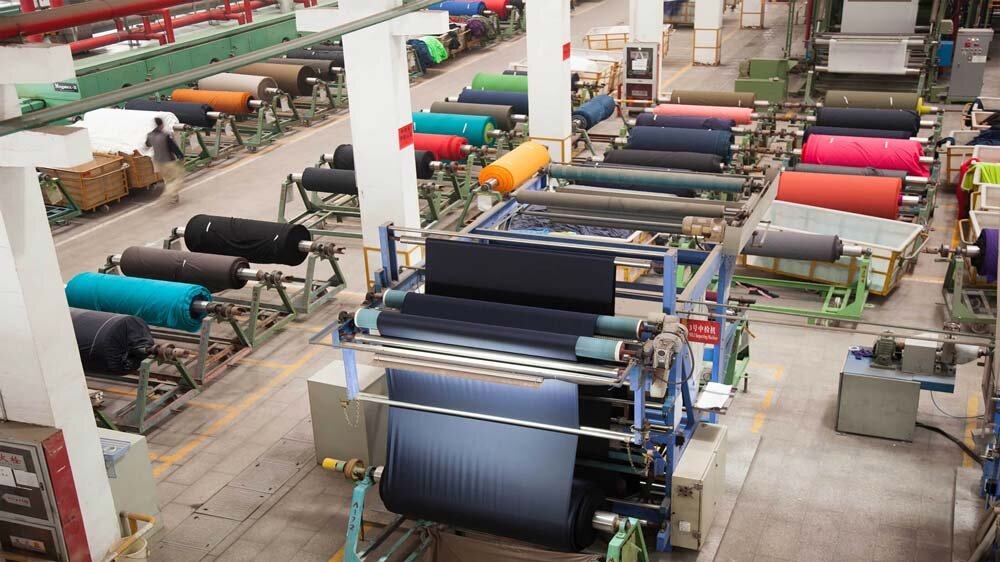
Ludhiana: As political and social unrest disrupts industrial activity in Bangladesh, Indian textile manufacturers are finding a temporary opportunity to negotiate new deals and regain some ground lost to their Bangladeshi counterparts.
According to the industrialists, if garment manufacturing in Bangladesh faces prolonged closures, it can be a good opportunity for the Indian textile industry.
The situation has thrown a spotlight on the competitive pressures facing the Indian textile industry, which has been grappling with challenges posed by cheaper imports from Bangladesh.
Vinod Thapar, Chairman of the Knitwear Club, pointed out that Bangladesh’s duty-free trade privileges have made their finished goods approximately 15 to 20 percent cheaper than those produced in India. “Besides cost advantages, Bangladesh benefits from cheaper and quality labor,” Thapar explained. The Free Trade Agreement (FTA) between India and Bangladesh, effective since 2006, has enabled Bangladesh to import raw materials at reduced rates, allowing their garments to be produced at lower costs. This cost advantage has enabled Bangladesh to export affordable garments to India, which has significantly affected the Indian textile industry over the years.
Thapar emphasized that many global brands have established manufacturing plants in Bangladesh due to the FTA, further intensifying the competition. This agreement has not only impacted the domestic market but has also affected Indian exports of finished textile products.
However, the current unrest in Bangladesh has halted operations, offering a temporary respite for the Indian textile sector. “We have started receiving business queries as all units in Bangladesh are closed for now,” Thapar said, acknowledging the short-term benefit for Indian manufacturers.
Despite the temporary boost, Thapar highlighted ongoing concerns for the industry. He pointed out that duty-free imports from Bangladesh remain a significant challenge and called for long-term solutions. “To address this, the government needs to either terminate the FTA or negotiate similar agreements with developed countries like the USA to boost the Indian textile industry,” he suggested.
In addition to competition from Bangladesh, Thapar raised concerns about the influx of cheap fabric from China, which is reportedly being imported illegally by misclassifying products under different Harmonized System of Nomenclature (HSN) codes. Thapar urged the government to clamp down on these illegal imports and ensure stricter enforcement of trade regulations.
Besides, Thapar also urged the government for the revival of supportive schemes like the Technology Upgradation Fund (TUF) and Credit Linked Capital Subsidy Scheme (CLCSS), which could provide much-needed relief and support for the struggling Indian textile industry.
